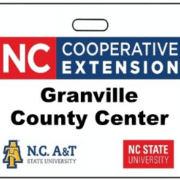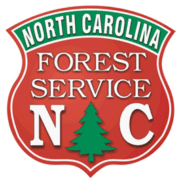The old saying that “fences make good neighbors” could be amended to “good fences make neighbors happy” to describe an upcoming hands-on workshop that involves creating a safe fencing plan for livestock.
The day-long class will be held on Oct. 25 from 8 a.m. to 5 p.m. at the Butner Beef Cattle field lab, located at 8800 Cassam Rd. in Bahama, NC 27503.
Whether you want to create new fenced pastures or just want to hone skills needed to keep fences in good order, this workshop is for you.
“A good fence is a critical component of a successful livestock operation no matter what species of animals,” according to a press release from Kim Woods and Matthew Place, livestock agents in Granville, Person and Warren counties, respectively.
The $40 cost per person includes lunch and all materials, and participants should dress appropriately for the weather and bring gloves and eye protection. There will be some indoor classroom work to discuss the economics of fencing and construction materials, as well as state laws regarding fencing. The group will then head outside and actually build a fence.
The event is sponsored by several fence product companies.
Fences keep animals in the safety of their pasture while – hopefully – keeping predators out. “Building a good fence that will last a long time is not near as easy as making the decision that you need a fence,” however. Come to the class to learn more about proper design and construction.
Visit https://person.ces.ncsu.edu/wp-content/uploads/2022/08/2022-Fencing-School-Reg-8.pdf?fwd=no to find the registration page. Mail it, along with your payment, to
Granville County Cooperative Extension,
Attn: Kim Woods
125 Oxford Loop Rd. Oxford, NC 27565.
Make check payable to Granville County, with “Fencing School” in the subject line. Registration is limited to the first 30 people in order for everyone to have adequate hands-on time with tools and materials.
To learn more, contact Kim Woods at 336.599.1195 or 919.603.1350 or Matthew Place at 252.257.3640.




